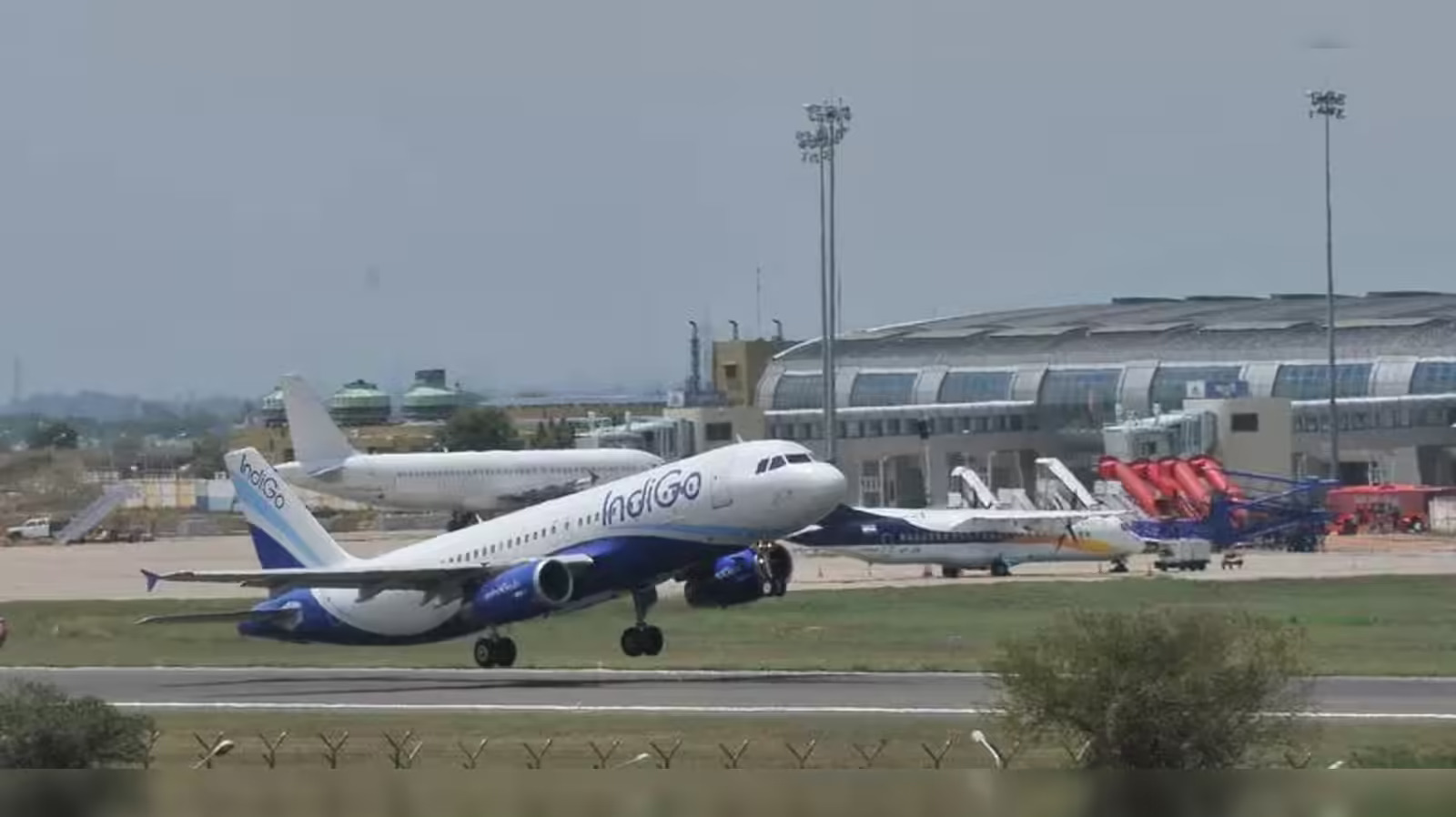The Central Industrial Security Force (CISF) recently convened a pivotal workshop. This high-level gathering united key stakeholders from civil aviation and VIP security, signalling a nationwide commitment to bolstering passenger safety while simultaneously streamlining the airport experience. The strategic integration of cutting-edge technology and enhanced operational protocols promises a more efficient, secure, and user-centric journey for all flyers, aligning with the broader vision of creating smart, sustainable, and equitable urban infrastructures.
The “Functional Workshop of the Airport Sector,” held on June 27, 2025, at the CISF Airport Sector Headquarters, was a confluence of senior officials from the CISF, security chiefs from 69 airports nationwide, and representatives from critical governmental and private entities. This comprehensive participation, encompassing the Ministry of Civil Aviation (MoCA), Directorate General of Civil Aviation (DGCA), Bureau of Civil Aviation Security (BCAS), Airports Authority of India (AAI), Delhi Police, Bureau of Immigration (BOI), Special Protection Group (SPG), National Security Guard (NSG), Delhi International Airport Ltd. (DIAL), and major airlines, underscores the collaborative spirit driving this transformation. Such broad engagement is essential for fostering a truly integrated and gender-neutral security ecosystem, ensuring that all aspects of the travel chain are considered and optimised.
For the tech-savvy and time-conscious traveller, the upgrades promise a significantly expedited process. The introduction of Biometric Airport Entry Passes (AEPs) coupled with facial recognition technology linked to CCTV systems will facilitate quicker airport entry and drastically reduce wait times. Furthermore, vehicle identification through Automatic Number Plate Recognition (ANPR) and FASTag integration at airport access points will ensure smoother vehicular movement. These advancements are not merely about speed; they represent a move towards intelligent urban infrastructure that leverages data and automation to enhance efficiency, reduce congestion, and ultimately contribute to a lower carbon footprint by minimising idling vehicles and streamlining operations. Digitised Standard Operating Procedures (SOPs) are also being implemented, ensuring more agile and effective responses to any security concerns, thereby enhancing overall operational resilience.
The benefits extend to every passenger, whether a seasoned flyer or a first-time traveller. A major emphasis was placed on integrated stakeholder training, designed to ensure a consistent and professional experience at every touchpoint. This unified approach to training aims to foster a more empathetic and responsive security force, promoting a gender-neutral interaction environment and ensuring equitable treatment for all. To meet the burgeoning demand for air travel while maintaining uniform safety standards across the nation, there are plans to establish more Aviation Security Training Institutes (ASTIs) in Tier-2 and Tier-3 cities. This geographical expansion will democratise access to specialised security training, cultivating a skilled workforce that is essential for sustainable urban development and equitable job distribution.
Beyond general passenger safety, the workshop meticulously addressed enhanced VIP and high-risk security protocols. Advanced anti-drone strategies, robust insider threat detection mechanisms, and a layered protection approach will ensure heightened safety for dignitaries without impeding normal airport operations. This careful balance between heightened security for specific individuals and maintaining seamless movement for the general public reflects a mature and nuanced approach to risk management. Such sophisticated security frameworks are crucial in protecting critical urban infrastructure and ensuring stability, which are cornerstones of sustainable and resilient cities.
A critical aspect of this comprehensive overhaul is the revamp of the passenger grievance redressal mechanism. A consensus was reached among all stakeholders to adopt a balanced approach that prioritises customer expectations without compromising security imperatives. Platforms such as AirSewa are being leveraged for real-time response and swifter resolution of passenger complaints. This focus on responsive governance and transparent feedback channels empowers passengers, fostering a more trust-based relationship between travellers and airport authorities, vital for an equitable urban experience. The commitment to prompt and humane interaction signifies a shift towards a more passenger-centric operational philosophy.
Perhaps the most transformative element of this security upgrade is the heightened role of Artificial Intelligence (AI) in risk assessment. The integration of AI and data analytics will enable authorities to predict and assess security threats proactively, before they materialise. This technology-driven approach promises not only shorter queues and faster screening processes but also a more intelligent and adaptive threat management system. By leveraging predictive analytics, airports can move from reactive measures to preventive strategies, significantly enhancing safety and efficiency. This mindful utilisation of technology underscores a commitment to intelligent growth and smart urban planning, laying the groundwork for truly secure and efficient urban mobility.
This significant shift in India’s aviation security paradigm represents a holistic strategy to enhance both safety and efficiency. By embedding advanced technology, fostering inter-agency cooperation, and prioritising passenger experience, Indian airports are poised to become global benchmarks for modern air travel. This forward-looking approach is integral to India’s vision of developing eco-friendly, sustainable, and equitable cities, where robust infrastructure supports both economic growth and citizen well-being.
Also Read :Chennai Airport Sees Surge in Free WiFi Users Post Launch


